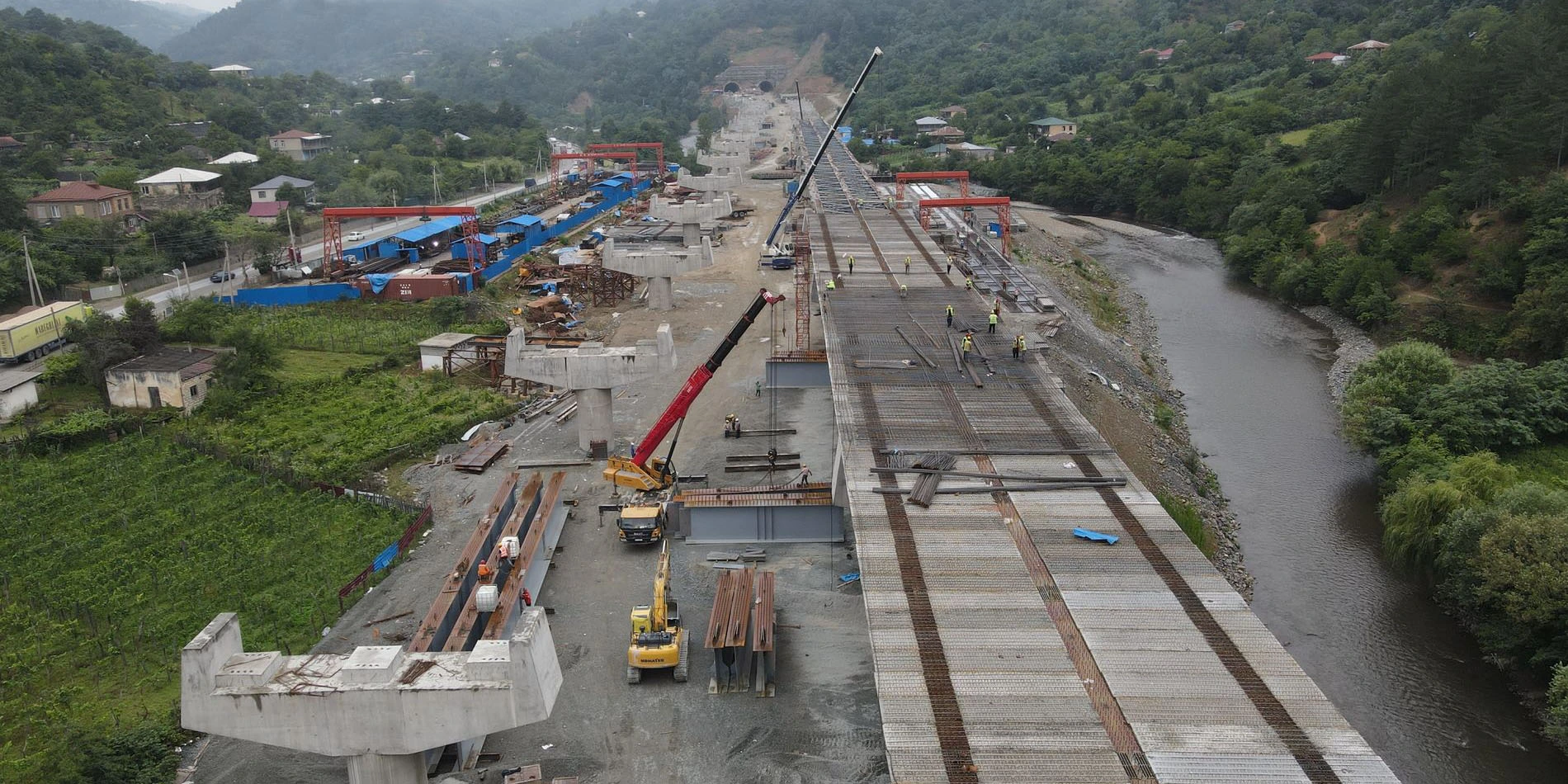East-West Highway (Khevi-Ubisa Section) Improvement Project – Entrepreneurship and Livelihood Development Training for Micro Entrepreneurs’ Consultant

Ministry of Regional Development and Infrastructure (MRDI);
Georgia;
Asian Development Bank (ADB);
01.11.2023
30.04.2024
Caucasus;
This initiative, led by the Roads Department of the Ministry of Regional Development and Infrastructure of Georgia (RDMRDI) and funded by ADB, seeks to strengthen socio-economic development in communities along the highway sections of Khevi-Ubisa and Shorapani-Argveta.
The project aims to address economic disparities, with a particular focus on closing the gender gap in labor force participation within Georgia. To achieve this goal, the Entrepreneurship and Livelihood Development Training Program has been designed to empower micro-entrepreneurs in the communities along certain East-West Highway sections. By focusing on skills development, ensuring greater market access, and employing gender-inclusive strategies, the project envisages having a positive impact on the livelihoods of individuals in the selected geographical areas, contributing to the economic growth of Georgia as a whole.
To accomplish the project objectives, PMCG is supporting the preparation of a training needs assessment report and the development of gender-sensitive training modules. Furthermore, PMCG will develop and deliver three types of two-day training modules tailored for micro-entrepreneurs in the Shorapani-Argveta and Khevi-Ubisa section, and draft a comprehensive final report.
Upon the successful implementation of the project, a more skilled and empowered group of micro-entrepreneurs will be better equipped to contribute to local economic development. In addition, it will lead to increased job creation, income growth, and general economic improvement in the targeted locations. The skills and knowledge acquired by project participants are anticipated to translate into more successful businesses and more robust economic sustainability. Ultimately, the initiative is envisioned to serve as a catalyst for advancing gender equality, fostering community growth, and contributing to local and national economic prosperity.